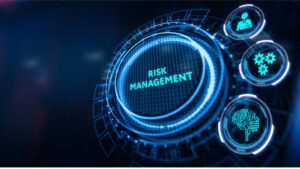There has been an impressive evolution of the compliance function in the financial services industry over the last 15 years, considering it was barely a standalone function for many companies and largely tucked neatly under the legal department since inception. But since the enactment of the USA Patriot Act as well as various industry scandals in the securities, wealth & asset management, consumer finance, banking and derivatives segments, regulatory change and pressure emerged as the wind to the back of the compliance function’s prominence as a core component of the second line of defense.
Over the last several years there has been a much clearer thought process and approach to the compliance function being viewed as an independent function, and for the overwhelming majority of institutions, the reporting lines have shifted away from the General Counsel’s office to either the Chief Risk Officer or the CEO directly.
Thus far, 2017 has turned out to be a very interesting year for the Chief Compliance Officer of today in financial services in terms of tenure, profile and leadership. The top 6 largest financial institutions in the U.S. (Source: FFIEC’s National Information Center) include banks ranging in size from $2.5T to $841B in assets. Five of which (83%) changed their leadership in the compliance function during the calendar year.
Of these five management changes:
- ALL newly selected CCOs are not career compliance professionals
- ALL will maintain the same reporting line (2 to CEO, 2 to Chief Risk Officer, 1 to Chief Legal Officer)
- 4 of 5 have deep-rooted and proven leadership experience in the Finance (2) or Internal Audit (2) functions for their institutions; only Morgan Stanley selected an attorney
- 4 of 5 are New York-based banks
- 3 of 5 chose to select an internal successor, all of which have background in Finance or Audit
- 1 of 5 was recently serving in a compliance function for another bank (Michael Roemer, Barclays)



